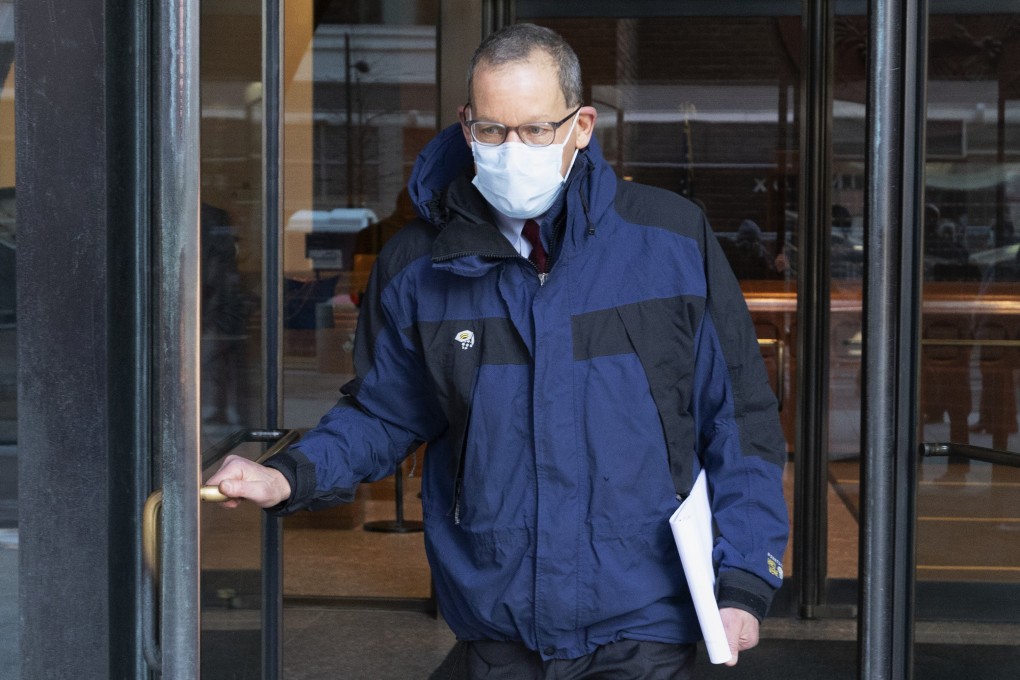Harvard professor Charles Lieber found guilty of concealing ties to China’s scientific talent programme
- Federal jury in Boston reaches verdict after less than three hours of deliberation
- Lieber was charged under the US Department of Justice’s ‘China Initiative’

The jury in a closely watched criminal trial has found Harvard professor Charles Lieber guilty on all counts of income tax evasion and failing to report his ties to a Chinese talent programme.
Lieber, 62, who was placed on academic leave after the charges were filed, sat with his head bowed after hearing the verdict on Tuesday in Boston. He was formerly chairman of Harvard’s chemistry department.
The case, part of the US Department of Justice’s “China Initiative”, was unusual in that it went to trial – most such cases settle – and involved a high-profile Caucasian. Nearly 90 per cent of cases under the initiative – a programme started in 2018 aimed at stemming the theft and loss of technology to China – have involved Chinese-American scientists.
Analysts said the jury decision after less than three hours of deliberation could pressure universities to strengthen their research safeguards against foreign leaks even as it chills collaborative research and further intimidates Asian-American scientists.
China was not on trial as the two sides laid out their arguments over six days. The Chinese Communist Party and its intent behind the Thousand Talents Plan (TTP) – a programme Beijing started in 2008 to recruit strategic foreign talent – were mentioned only in passing.
But China remained in the picture despite the narrowly focused charges, two involving tax evasion, two for failing to disclose foreign bank accounts and two for hiding his ties to the Chinese talent programme.
